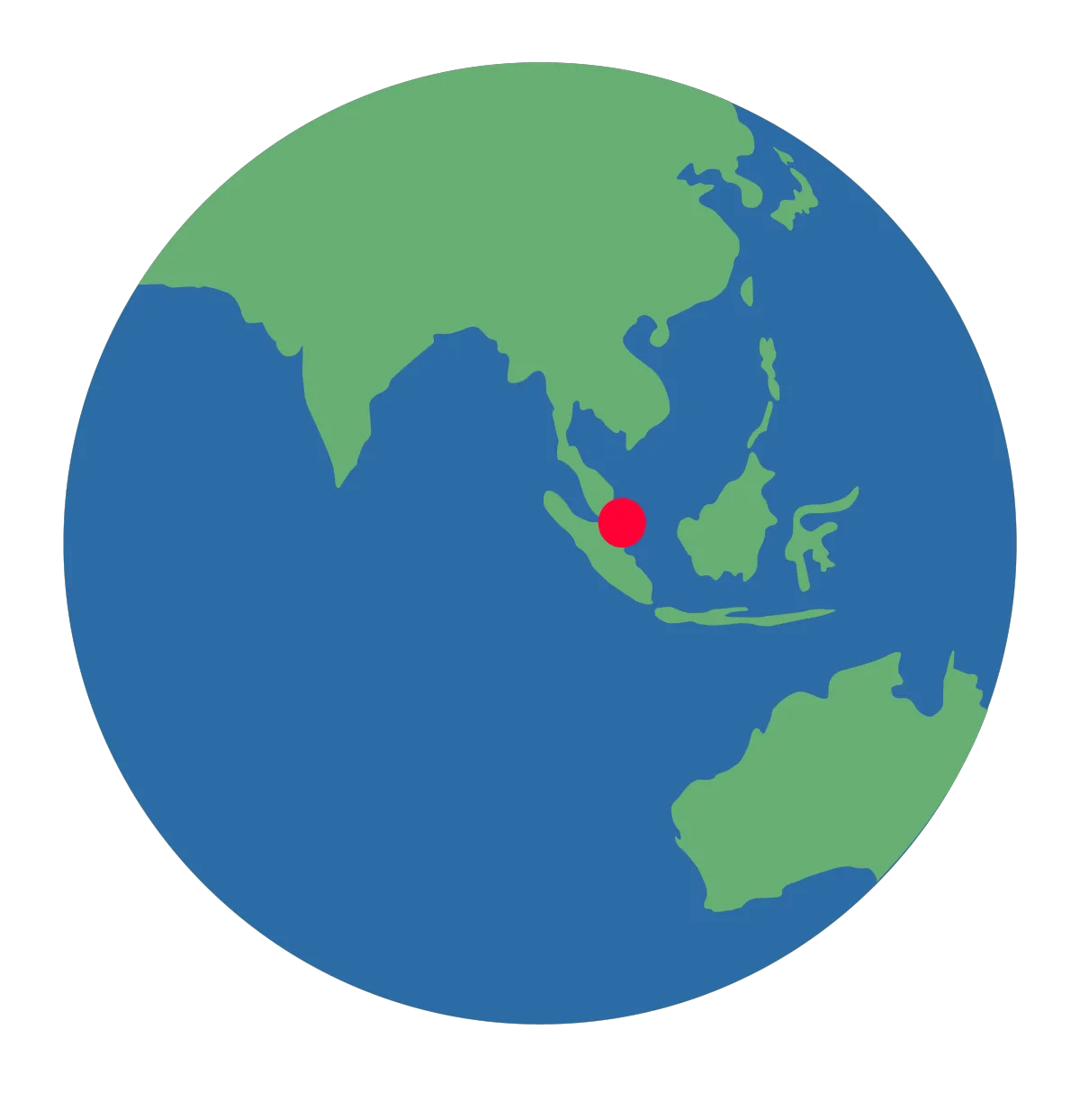
Celiac vs. Gluten Intolerance vs. Wheat Allergy
What’s the Difference Between Celiac Disease, Gluten Intolerance, IBS, and a Wheat Allergy?
If you've ever felt sick after eating bread, noodles, or other wheat-based foods, you've probably wondered what's going on in your body. Is it an allergy? A sensitivity? Could it be celiac disease? Or just stress-related IBS?
These terms often get used interchangeably, but they refer to very different conditions, each with its own cause, risks, and treatment.
In this post, we'll break them down so you can better understand what might be happening, and what kind of testing or support you might need.
1. Celiac Disease: Autoimmune and Serious
Celiac disease is a chronic autoimmune disorder. It happens when eating gluten (a protein in wheat, barley, and rye) causes the body to attack the small intestine.
Over time, this damages the lining of the gut, making it hard to absorb nutrients. Celiac disease can affect nearly every system in the body, not just digestion.
Key facts:
Lifelong and genetic
Affects people of all ethnicities, including Asian populations
Can cause both digestive and non-digestive symptoms
Confirmed through blood tests and intestinal biopsy
Requires a strict gluten-free diet for life
Symptoms may include:
Bloating, gas, diarrhea, or constipation
Iron-deficiency anemia
Fatigue or brain fog
Skin rashes
Infertility
Delayed growth in children
2. Non-Celiac Gluten Sensitivity (Gluten Intolerance)
This condition is different from celiac disease because it does not cause intestinal damage or trigger an autoimmune response. People with gluten sensitivity feel unwell after eating gluten, but tests for celiac disease and wheat allergy come back negative.
We don’t fully understand what causes it yet, but it’s real.
Key facts:
Not autoimmune
Not an allergy
Symptoms improve when gluten is removed from the diet and flare up again when gluten is reintroduced
No specific test exists (diagnosis is by exclusion)
No intestinal damage, but symptoms can still affect quality of life
Some people with gluten sensitivity may actually be reacting to fermentable carbohydrates (FODMAPs) in wheat, not gluten itself. A dietitian can help sort this out.
Symptoms may include:
Bloating or stomach pain
Fatigue
Headaches
Mood changes
Brain fog
3. Irritable Bowel Syndrome (IBS): A Gut Function Disorder
IBS is a functional gastrointestinal disorder, not caused by an immune reaction. It affects how the muscles and nerves in your digestive system work, leading to uncomfortable symptoms, but it does not cause physical damage to the gut.
Symptoms often get worse with stress, large meals, or certain foods.
Key facts:
Very common worldwide
No structural damage or immune response
Symptoms vary and come and go
Diagnosis is based on symptoms and exclusion of other conditions
Managed with diet, stress reduction, and medications
Symptoms may include:
Abdominal pain
Bloating
Diarrhea, constipation, or both
A feeling of incomplete bowel movements
IBS is one of the most common misdiagnoses for people who actually have celiac disease, especially in Asia, where celiac is still often overlooked.
In fact, a 2025 study by Ahmed & Chauhan found that 2.75% of people diagnosed with IBS in Asia actually had positive blood tests for celiac disease. In Singapore, the number was even higher: 5.5% of IBS patients had signs of celiac disease. Learn more about celiac disease in Asian here.
4. Wheat Allergy: An Immune Response (But Not Autoimmune)
Wheat allergy is a true food allergy, similar to peanut or shellfish allergy. The immune system produces an allergic (IgE) response to proteins in wheat, which may or may not include gluten.
Reactions can range from mild to life-threatening.
Key facts:
Usually appears in childhood
Can cause immediate symptoms after eating wheat
Diagnosed with skin prick or blood allergy tests
Treatment involves avoiding wheat (not all gluten-containing grains)
May be outgrown over time in children
Symptoms may include:
Hives or itching
Swelling of the lips or face
Difficulty breathing
Vomiting or diarrhea
Anaphylaxis (in severe cases)
Unlike celiac disease, people with a wheat allergy may still be able to eat gluten from other sources like barley or rye, unless advised otherwise.
Why This Matters
Misunderstanding these conditions can lead to:
Incomplete or incorrect diagnosis
Long-term health risks (especially with undiagnosed celiac disease)
Unnecessary or overly restrictive diets
Missed opportunities for proper care and support
If you’ve been diagnosed with IBS or gluten sensitivity, but have never been tested for celiac disease, it may be worth revisiting your diagnosis, especially if symptoms haven’t improved.
Share Your Experience and Help Us Raise Awareness
We are collecting information from people of Asian or Southeast Asian heritage who:
Have been diagnosed with celiac disease
Suspect they may have celiac disease but struggling to get a diagnosis.
This is not a medical study, it’s a community awareness project to help local doctors and dietitians better understand how celiac disease may be affecting people in this region.
Fill out our short and confidential form to share your experience. You’ll be contacted by Bridget, a Registered Dietitian who works with local gastroenterologists in Singapore.
Your voice can help shape how celiac disease is diagnosed and treated in Asia.


